Science and art can look like conceptually separate worlds. But music can teach us a lot about our scientific blind spots and offer new ways of framing complex problems. Biologist Denis Noble and Computer Scientist turned evolutionary theorist Richard Watson set out a musical vision of life, and why it offers a powerful and detailed metaphor for the life sciences.
Since Pythagoras’ music of the celestial spheres, music has been a particularly strong bridge between science and art because of its mathematical underpinnings, its geometric aesthetics and its visceral ability to reach our emotions. Indeed, music was held in affinity with cosmic beauty and meaning long before the ancient Greeks.
Much like Johannes Kepler and Michio Kaku, Denis Noble’s approach to biology has freely employed musical metaphors as a framework with which to approach the world. In The Music of Life (2006) and Dance to the Tune of Life (2016), he has represented genes as comparable to the score of a piece of music, whereas life itself is more like the live playing of the piece in which organisms orchestrate the activity of their genes. In doing so, science is able to reach beyond itself, to transcend purely descriptive empirical statements. It is through music that metaphor and scientific reasoning come together to broaden our understanding and perception of the universe.
___
In being part of a living composition, life perhaps takes on a bit more meaning.
___
When considering biology from a systems theory perspective, music becomes a particularly useful scientific metaphor. There are many facets to the analogy between music and living things, from orchestration, to 'aliveness' and harmony. In being part of a living composition, life perhaps takes on a bit more meaning. But any implication that the evolution of life is unfolding according to a certain theme or plan is vehemently denied by scientific perspectives.
Considering life as an unfolding musical composition isn’t wishful thinking produced by our delusory need for a sense of purpose. Without invoking anything supernatural, there is something missing and desperately needed in the biological sciences, not to mention our personal lived experience. The current biological account of causation is limited, and limits our understanding. By thinking about music and harmony, we are able to access a more developed account of causation that better explains living organisms.
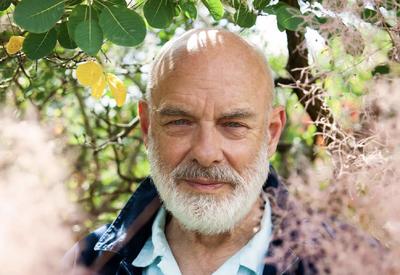 SUGGESTED READING
Brian Eno: creativity and the future
By Brian Eno
SUGGESTED READING
Brian Eno: creativity and the future
By Brian Eno
Specifically, it is kind of an open secret in biology that there is a very poor understanding of the link between how tiny parts function at the micro-scale (e.g. gene products, organic molecules, intracellular structures, and so on) and how organisms as a whole (perhaps containing trillions of cells) develop and behave as coherent purposeful agents. This is the link between conventional ‘bottom-up’ (reductive/molecular) causation and ‘top-down’ (organisational) causation, and it is a link that is already familiar in musical principles.







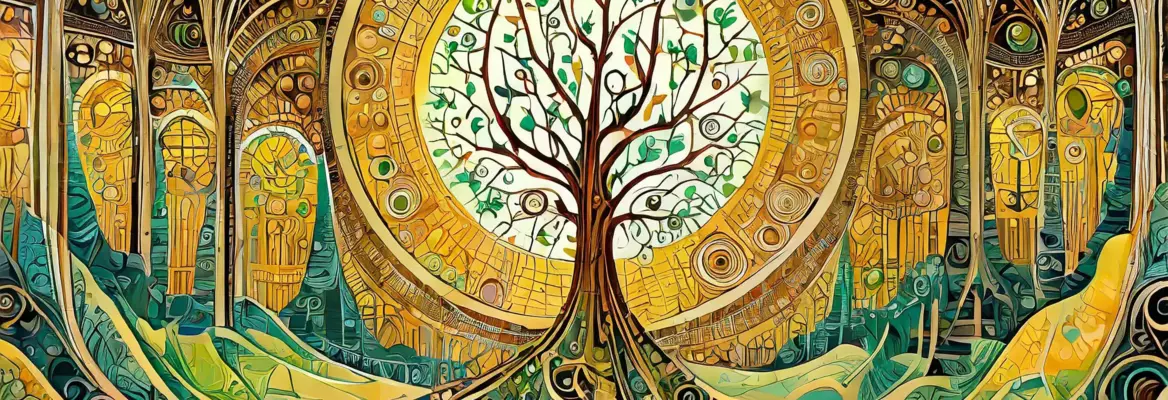


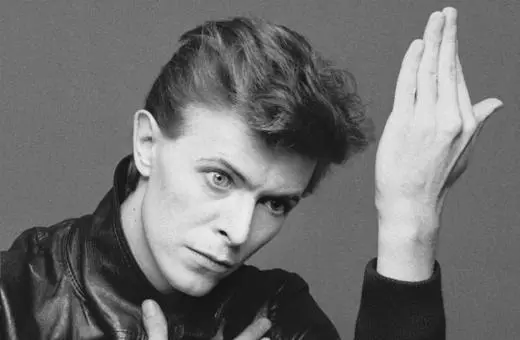
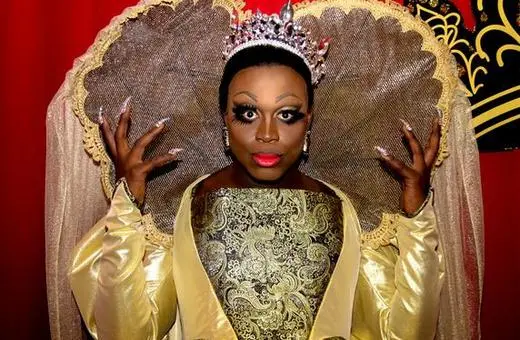


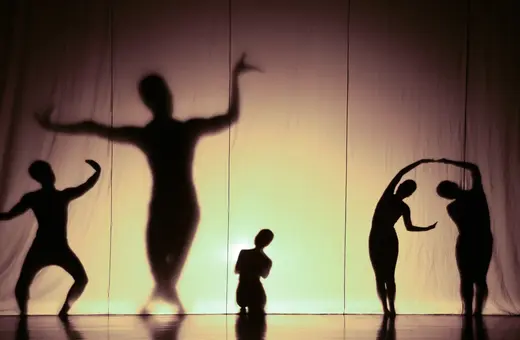

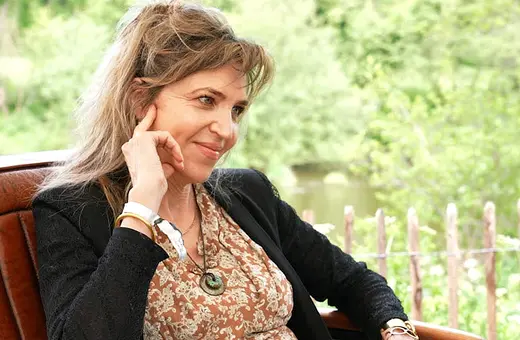




Join the conversation